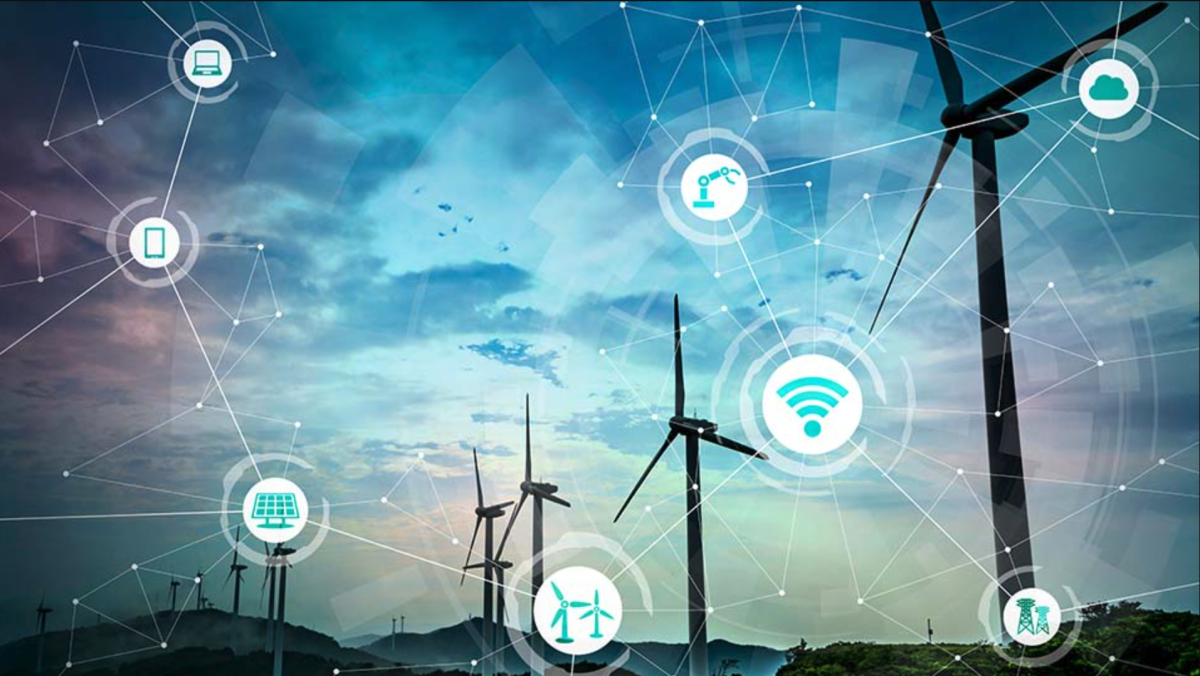Blockchain is a decentralized, digital ledger that allows for the secure and transparent recording of transactions. It has the potential to revolutionize a number of industries, including the energy sector. In this article, we’ll explore how blockchain can improve sustainable energy and how it can be used in conjunction with a decentralized autonomous organization (DAO) to organize renewable energy sources.
How Blockchain Can Improve Sustainable Energy
One of the key ways that blockchain can improve sustainable energy is through decentralization. Currently, the energy sector is dominated by a few large players, which can make it difficult for smaller, independent producers to enter the market. Theoretically, blockchain facilitates the decentralization of energy generation and distribution, which can increase competition and lead to lower costs for consumers. Blockchain can also improve transparency and traceability in the energy sector. By recording energy production and consumption on a decentralized ledger, it becomes easier to track the source and use of energy. This can help to increase accountability and reduce the risk of fraud or mismanagement. In addition, blockchain has the potential to improve efficiency and reduce costs in the energy sector. By automating certain processes and reducing the need for intermediaries, blockchain can streamline energy production and distribution. This can lead to cost savings for producers and consumers alike.
Using a DAO to Organize Renewable Energy Sources
A DAO is a type of organization that is run using smart contracts on a blockchain. It is decentralized and operates without a central authority or hierarchy. This makes it an attractive option for organizing renewable energy projects, as it allows for a more decentralized and democratic approach to decision-making. One of the benefits of using a DAO for renewable energy projects is that it allows for greater transparency and accountability. All transactions and decisions made within the DAO are recorded on the blockchain, which makes it easy for stakeholders to see what is happening and to hold those involved accountable. There are already several successful use cases of DAOs in the renewable energy sector. For example, the Brooklyn Microgrid is a DAO that allows residents of Brooklyn to buy and sell renewable energy directly with each other using a blockchain platform.
Challenges and Limitations
While blockchain and a DAO have the potential to greatly improve the sustainable energy sector, there are also challenges and limitations to consider. One of the technical challenges is ensuring the security of the blockchain and smart contracts. As with any technology, there is a risk of hacking or other security breaches, which could compromise the integrity of the system. There are also regulatory challenges to consider. In many cases, the energy sector is heavily regulated, and it can be difficult to navigate these regulations when using innovative technologies like blockchain. In addition, there are limitations to the scalability of blockchain and a DAO. While these technologies have the potential to be used on a large scale, there are currently limitations to their processing power and speed, which could make it difficult to handle a high volume of transactions.
Conclusion
In conclusion, blockchain and a DAO have the potential to revolutionize the energy sector and improve sustainable energy. By decentralizing energy generation and distribution, increasing transparency and traceability, and improving efficiency and reducing costs, these technologies can help to accelerate the transition to sustainable energy. However, there are also challenges and limitations to consider, including technical challenges, security concerns, and regulatory barriers. Despite these challenges, the adoption of sustainable energy and the use of innovative technologies like blockchain and a DAO will be crucial in meeting the energy needs of the present without compromising the ability of future generations to do the same. This content is accurate and true to the best of the author’s knowledge and is not meant to substitute for formal and individualized advice from a qualified professional.


